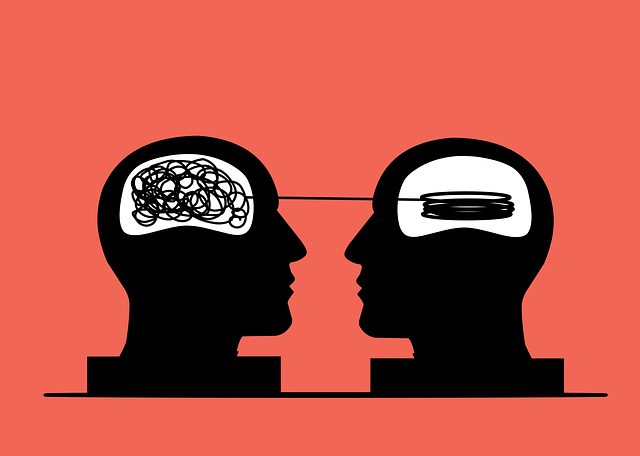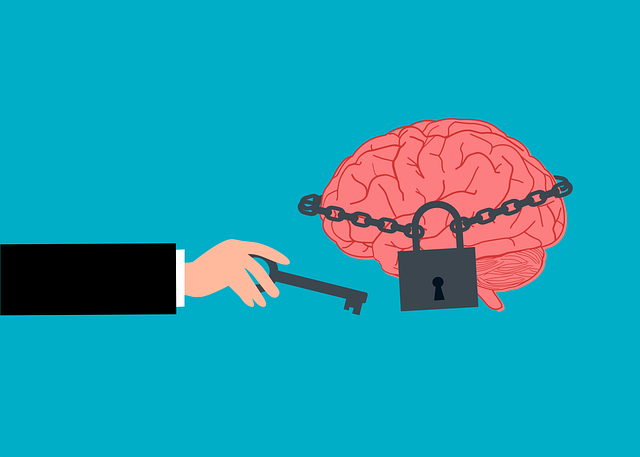In today's demanding work environments, Superior Workplace Issues and Job Stress Therapy is vital for employee well-being. Cultivating emotional intelligence, mindfulness meditation, physical activities, and social support are key coping strategies. Integrating these practices into workplace policies promotes mental health, boosts job satisfaction, and enhances overall performance, fostering a resilient and productive work culture.
In today’s fast-paced work environment, effective coping skills are essential for navigating superior workplace issues and job stress therapy. This article explores the critical role of coping skills in enhancing employee well-being and productivity. We begin by understanding the significance of these skills and their impact on mental health. Subsequently, we delve into practical strategies for building robust coping mechanisms, followed by an examination of how stress therapy can further elevate overall well-being and performance in the workplace.
- Understanding Coping Skills and Their Significance in the Workplace
- Strategies for Building Effective Coping Mechanisms
- Integrating Stress Therapy to Enhance Overall Well-being and Productivity
Understanding Coping Skills and Their Significance in the Workplace

Coping skills are a set of strategies that individuals use to manage stress and overcome challenges. They play a pivotal role in mental health, especially in navigating the complexities of the modern workplace. In today’s fast-paced business environment, employees often face various issues like heavy workloads, tight deadlines, and high performance expectations. These demands can lead to job stress, which, if unaddressed, may result in burnout and decreased productivity.
Developing robust coping skills is essential for a superior workplace experience. Effective strategies might include engaging in social skills training to foster connections with colleagues, utilizing communication strategies to manage conflicts or seek support, and practicing emotional intelligence to regulate feelings and maintain composure under pressure. By mastering these skills, employees can enhance their resilience, improve job satisfaction, and contribute to a healthier work environment, ultimately fostering a more positive and productive atmosphere.
Strategies for Building Effective Coping Mechanisms

Building effective coping mechanisms is a crucial aspect of managing superior workplace issues and job stress therapy. One strategy involves cultivating emotional intelligence, which equips individuals with the ability to recognize and understand their emotions as well as those of others. This heightened awareness fosters better communication and conflict resolution, reducing workplace tensions. Developing inner strength through regular practice of mindfulness meditation further enhances coping capabilities. It allows one to remain calm under pressure, improve focus, and make more thoughtful decisions.
Incorporating activities that promote emotional release, such as exercise or creative expression, can also be beneficial. These outlets provide a healthy means to process and manage stress, preventing its accumulation. Additionally, seeking support from colleagues or professionals through team-building exercises or counseling sessions can create a sense of community and shared resilience. By combining these strategies, individuals can build a robust coping toolkit tailored to their unique needs, fostering better mental health and job satisfaction in the face of workplace challenges.
Integrating Stress Therapy to Enhance Overall Well-being and Productivity

In today’s fast-paced work environment, navigating superior workplace issues and job stress is a constant challenge for many individuals. Integrating stress therapy into daily routines can significantly enhance overall well-being and productivity. Stress management techniques, such as compassion cultivation practices, empower employees to better cope with demanding workloads and interpersonal conflicts, fostering a healthier mental state. By incorporating emotional well-being promotion techniques into workplace policies, organizations can create an environment that prioritizes the mental health of their workforce.
This proactive approach not only improves individual satisfaction but also boosts team morale and performance. Through regular practice, employees learn valuable coping skills that allow them to navigate stressful situations more effectively. As a result, job stress decreases, leading to higher levels of engagement and productivity on the job. Moreover, these practices contribute to building a resilient workplace culture where emotional intelligence is valued and supported.
Developing robust coping skills is a powerful tool for navigating the complexities of modern work environments. By implementing the strategies outlined in this article, including understanding the significance of these skills, adopting effective mechanisms, and incorporating stress therapy, individuals can transform their relationship with workplace challenges. This approach not only enhances overall well-being but also boosts productivity, fostering a healthier and more positive work culture. For organizations seeking to address superior workplace issues and job stress, investing in coping skills development is a game-changer, ensuring a happier, more resilient workforce.














